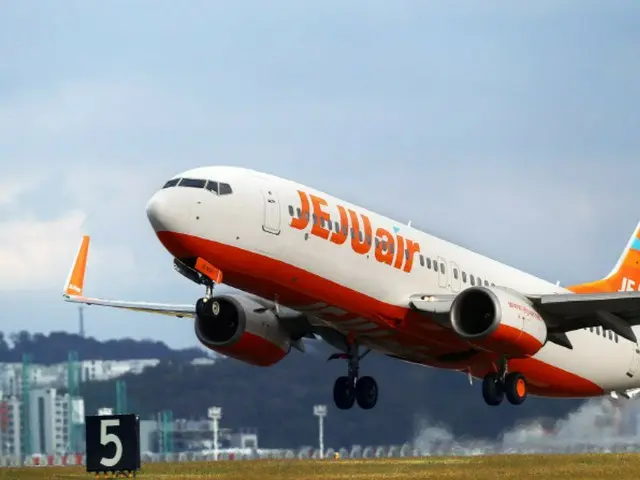The cancellation means that a significant portion of the deposits received in advance must be refunded using cash that the airline has in hand, which is likely to result in an unavoidable outflow of cash.
The company has experienced liquidity problems before, so the burden this time is expected to be considerable. According to the Financial Supervisory Service's electronic disclosure system, Jeju Air sold tickets to customers on the 31st and received
The advance payments received amounted to 260.6 billion won (approximately 27.8 billion yen). This is the largest amount among low-cost carriers (LCCs) in Korea, and is the largest amount after the second-placed T'way Airlines (184.3 billion won / approximately 19.7 billion yen).
Most of the airline deposits are paid in advance when customers reserve their flights.
The advance payment is recognized as a liability, but is converted to revenue after the ticket is used. Because of the difference in the timing of recognition of revenue, airlines can use the amount received under the name of advance payment as a liquid asset.
Yes, it is possible. The problem is that after the Jeju Air disaster, there have been a series of refunds for tickets, and the huge amount of advances received could actually accelerate the outflow of cash.
Due to the nature of the deposit, refunds can only be made through cash. According to Jeju Air, the number of cancellations of Jeju Air tickets from the 29th to 1 p.m. on the 30th was
The number of cancellations reached 68,000. Most of the cancellations occurred after 9 a.m. on the 29th, when the Jeju Air crash occurred.
Furthermore, Jeju Air has stated since the accident that it will accept unconditional refunds.
The cash outflow will inevitably be even larger. If cancellation fees or conditions such as voucher replacement are in place, as usual, the amount of cash outflow associated with refunds will be reduced.
However, in the case of Jeju Air, full refunds are promised. In other words, Jeju Air must bear the cash outflow of the deposit when repaying an air ticket.
Jeju Air previously announced that it would waive cancellation fees for all flights for customers who made reservations by the 29th.
Some consumers are boycotting Jeju Air and its group company Aekyung.
This is expected to have a negative impact on Jeju Air's liquidity and cash flow.
This is because the current ratio will decrease due to a sudden cash outflow, and the slowdown in cash flow from operating activities is inevitable. Since the COVID-19 pandemic, it has become difficult to improve financial soundness.
It has been pointed out that this will be a fatal blow to Jeju Air, which is currently in the midst of a financial crisis. In fact, Jeju Air's separate current ratio at the end of the third quarter of this year was 39.4%, which is significantly lower than the appropriate level of 150%.
Operating cash flow for the third quarter also recorded a net inflow of 93.9 billion won (US$90 million), down 68.9% from 301.6 billion won (US$322 million) in the same period last year.
A Jeju Air official said, "We are currently concentrating on dealing with the accident. The number of cancellations after the accident is higher than usual, but the number of new reservations is also maintaining the same level."
It explains.
2025/01/01 07:12 KST
Copyrights(C) Edaily wowkorea.jp 107

